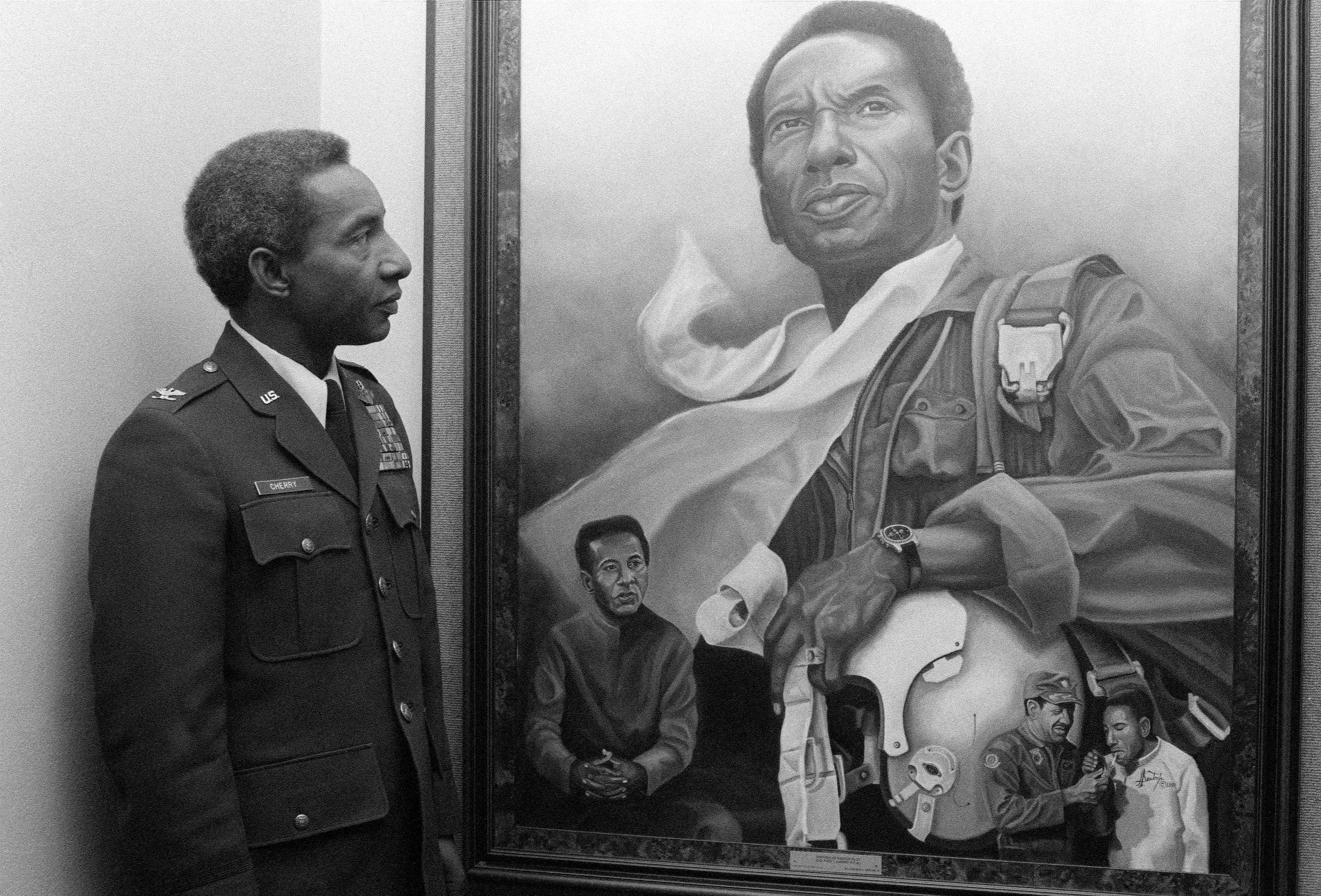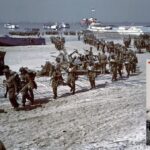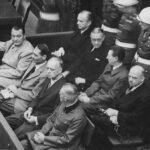
As we wind down Black History Month the Editorial Team thought it most appropriate to re-release this and one other podcast on Executive Order 9981. Originally released in July 2018, the 70th anniversary was a great reminder to examine the official order to desegregate the military and consider how far we’ve come and what still must be accomplished.
We are better than we were, in that our communities [and individuals] are more integrated, but not necessarily totally so.
This podcast is the second of two commemorating the seventieth anniversary of EO 9981 and its influence over the U.S. armed forces today. WAR ROOM welcomes Brigadier General Earl Simms, U.S. Army Retired, whose thirty-three year career culminated as Commanding General of the U.S. Army Soldier Support Institute. BG Simms relays his experiences as an African-American officer in the early days of integration and his perspectives on the state of race relations in the U.S. military and society today. Army War College Professor of Leadership and Cultural Studies Chuck Allen moderates.
Podcast: Download
Subscribe: Apple Podcasts | Spotify | Amazon Music | Android | Pandora | iHeartRadio | Blubrry | Podchaser | Podcast Index | TuneIn | Deezer | Youtube Music | RSS | Subscribe to A Better Peace: The War Room Podcast
Brigadier General Earl Simms, U.S. Army Retired, culminated his career as Commanding General, U.S. Army Soldier Support Institute.
Charles Allen is Professor of Leadership and Cultural Studies at the U.S. Army War College.
The views expressed in this presentation are those of the speakers and do not necessarily reflect those of the U.S. Army War College, U.S. Army, or Department of Defense.
Photo: Air Force Colonel Fred Vann Cherry attends the unveiling of his portrait in the Pentagon, 1981. Col. Cherry was a colonel and command pilot in the U.S. Air Force. A career fighter pilot, he served in the Korean War, the Cold War and the Vietnam War. Col. Cherry was also the first and highest ranking black officer among U.S. Prisoners of War during the Vietnam War.
Photo Credit: National Archives Photo by Mickey W. Sanborn, public domain





From the introduction page to this podcast above:
“We are better than we were, in that our communities [and individuals] are more integrated, but not necessarily totally so.”
Now, bear with me just a little bit, as I attempt to make the leap from the “integration of African Americans thought presented immediately above to (a) the New/Reverse Cold War of today and (b) the place of the current Ukraine crises in this such new conflict environment.
In this regard, let us:
a. First look to this definition of “integration:”
“Incorporation as equals into society … ” (See Marrion Webster on line.)
b. Next, let us consider the New/Reverse Cold War of today; wherein, our opponents such as Russia, China, Iran, N. Korea, the Islamists, etc., seek to (a) contain and/or roll back the power, influence and control of the U.S./the West throughout the world; this, by (b) appealing to the more-conservative, the more-traditional elements in the world’s populations, and especially to these such population groups in the U.S./the West.
“Compounding it all, Russia’s dictator has achieved all of this while creating sympathy in elements of the Right that mirrors the sympathy the Soviet Union achieved in elements of the Left. In other words, Putin is expanding Russian power and influence while mounting a cultural critique that resonates with some American audiences, casting himself as a defender of Christian civilization against Islam and the godless, decadent West.”
(See the “National Review” item entitled: “How Russia Wins” by David French.)
c. Last, let’s consider the following — allegedly from the U.S. Permanent Representative of the U.N. and Other International Organizations in Geneva, Switzerland, U.S. Ambassador Bathsheba Nell Crocker:
“In a warning, Bathsheba Nell Crocker said the US has ‘credible information that indicates Russian forces are creating lists of identified Ukrainians to be killed or sent to camps following a military occupation’. …
Should Russia invade, she says forces ‘would likely target those who oppose Russian actions’.
These would include ‘Russian and Belarusian dissidents in exile in Ukraine, journalists and anti-corruption activists, and vulnerable populations such as religious and ethnic minorities and LGBTQI+ persons’. ”
(See the recent “Great Britain News” [gbnews.uk] article “Putin Drawing Up ‘Kill List’ of Gay and Ethnic Minority Ukrainians Ahead of Possible Invasion, US claims,” by Ben Chapman.)
Bottom Line Question — Based on the Above:
As we have heard today — (a) while Ukraine will send its Defense Minister to the talks with Russia at the border with Belarus today — (b) Russia has said it will send its Cultural Minister to these such talks.
Given the “NON-INTEGRATION” stance of Russia today (see my definition of “integration” above, and my item “c” above as to who Russia is expected to target in Ukraine); given these such matters, should we say that:
a. By Russia sending its Cultural Minister to these such talks,
b. Russia makes clear just who it is appealing to in the New/Reverse Cold War of today, to wit: the more conservative/the more NON-INTEGRATING elements of the world’s populations? (And especially to these such elements in the U.S./the West?)
Critical additional question:
By Russia (etc.), thus,
a. Defining the current world conflict (which I call the New/Reverse Cold War) in anti-integrating/socially-culturally conservative versus pro-integrating/socially-culturally liberal terms and then
b. Moving out smartly to invade Ukraine, at least partially along these such lines,
By these such actions, has Russia — intentionally or inadvertently —
a. Forced social/cultural conservatives in the U.S./the West (and/or elsewhere) to consider/reconsider their non-integrating positions? And/or:
b. Forced social/cultural liberals in the U.S./the West (and/or elsewhere) to reconsider their integrating positions?